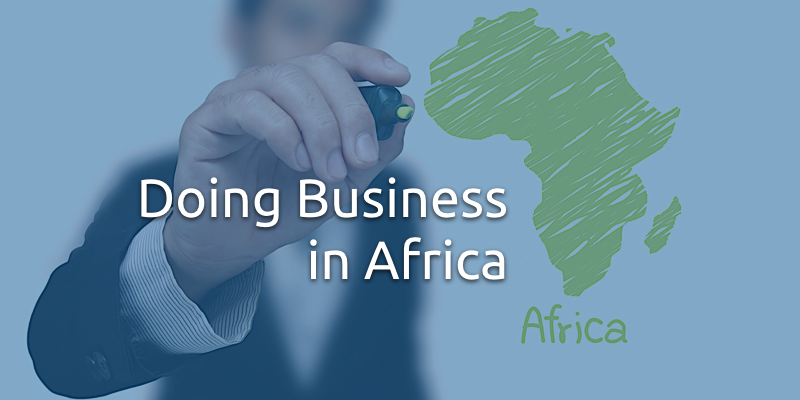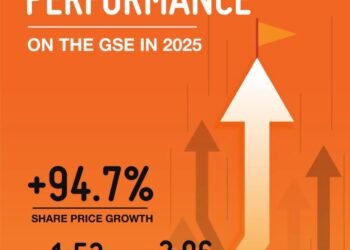A new PwC report has shown that 12 percent of CEOs in Ghana don’t know or don’t consider any other country important to their business’ short-term growth prospects.
This trend is not peculiar to Ghana, as the share of CEOs who fall in this category in Africa are 22 percent. 12 percent of CEOs in Ethiopia did not believe that it mattered for their companies to do business with other countries while 10 percent of CEOs in South Africa held similar views.
“While it may be tempting to attribute this to the COVID-19 restrictions, this trend is nothing new. In our previous survey of African CEOs, conducted in 2019, 25% of respondents expressed the same views,” the report reveals.
From an African perspective, policy uncertainty, tax policy uncertainty and cyber threats remain the topmost worries for CEOs in Africa.
Of the 50 CEOs from 14 countries captured in the survey in Africa. Also, 60 percent showed extreme concern about policy uncertainty being the topmost threat to their business. Also, 56 percent indicated that tax policy uncertainty featured prominently as major cause for worry. And 54 percent mentioned cyber threats as potential risks to their businesses.
The report finds that while economic activities have begun picking up, increased productivity will continue to remain an important driver of economic recovery. But, in the meantime, governments’ seeking to mitigate the impact of the pandemic both on the domestic economy and on individuals have taken on substantial debts.
Thus, it is not surprising at all that tax policy uncertainty made a notable rise on the list of threats, especially in the African region, ranking second regionally and seventh globally.
Other top threats among businesses
Moreover, governments will adjust regulations and policies on doing business to reflect governments’ intention to navigate towards recovery. Meanwhile, such adjustments may broadly align to the interest and benefits of the government and very demanding towards businesses.
“CEOs are undoubtedly watching debts accumulate as governments intervene with stimulus packages. And [they] realize that the public will expect business to pay its fair share. Cross-border competition seems likely, as governments develop tax schemes to benefit their national interest—creating significant complexity for multinationals with global operations.”
In other jurisdictions, such as the North America and Western Europe, cyber threats ranked highest. 69 percent of CEOs surveyed in North America were extremely concerned about cyber threats against 44 percent in Western Europe.
That is not to say that, CEOs are simply unconcerned about the threats posed by the pandemic. Africa has experienced relatively low spread of the COVID-19 pandemic and a relatively low number of people hospitalized. Yet, 48 percent of CEOs indicated that pandemics and other related crises pose a threat to their businesses.
Globally, pandemics and other health crises ranked first with 52 percent CEOs affirming a high degree of threat. Cyber threats ranked below the former with 47 percent of CEOs showing extreme concern.
Compared to 2020 survey results, these threats have heightened significantly. For instance, 33 percent of CEOs highlighted cyber threat as among the concerns for 2020. Only 19 percent of CEOs ranked tax policy uncertainty as among topmost concerns for 2020.
READ ALSO: Build infrastructure to reap benefits of industrialization – Dr. Manteaw






















